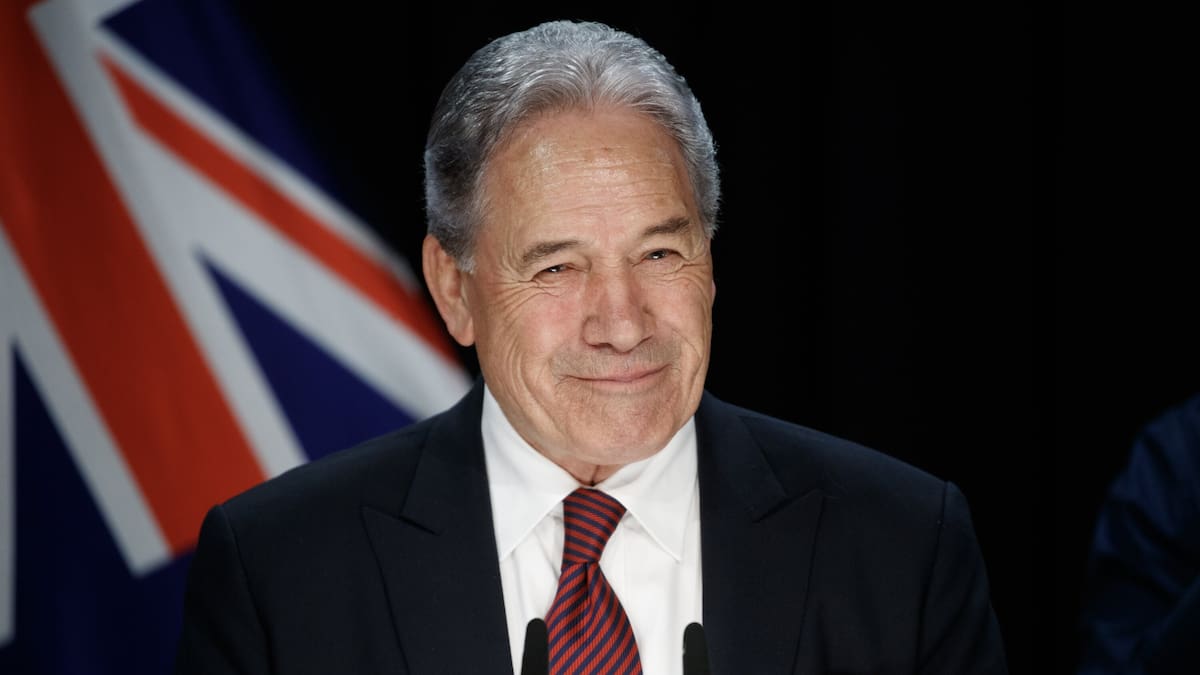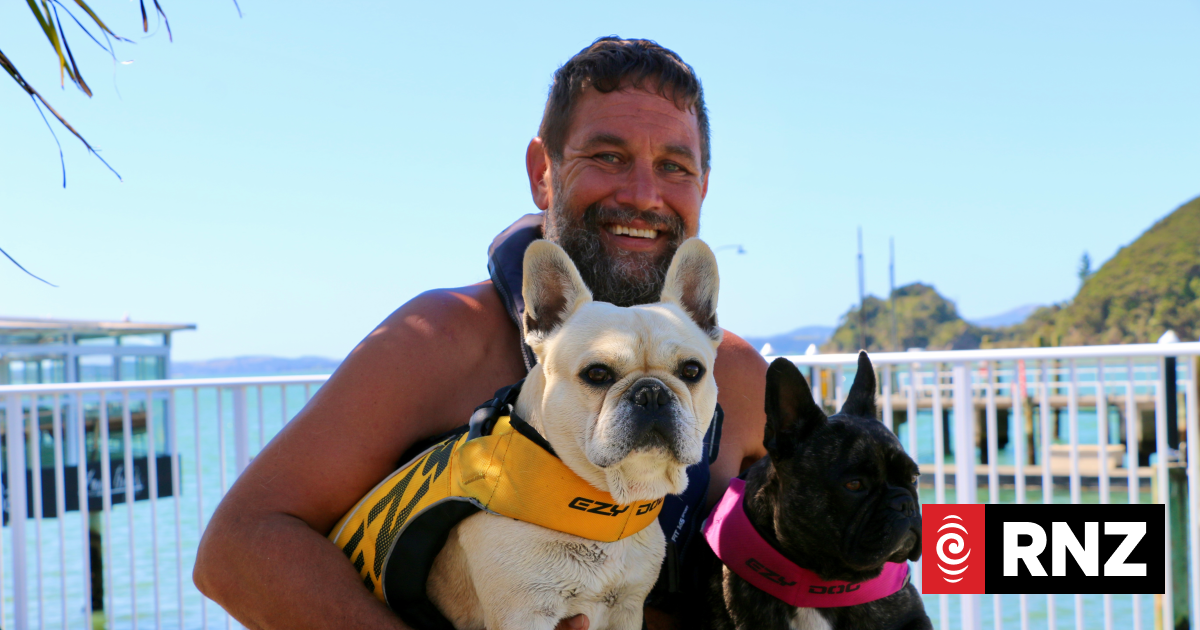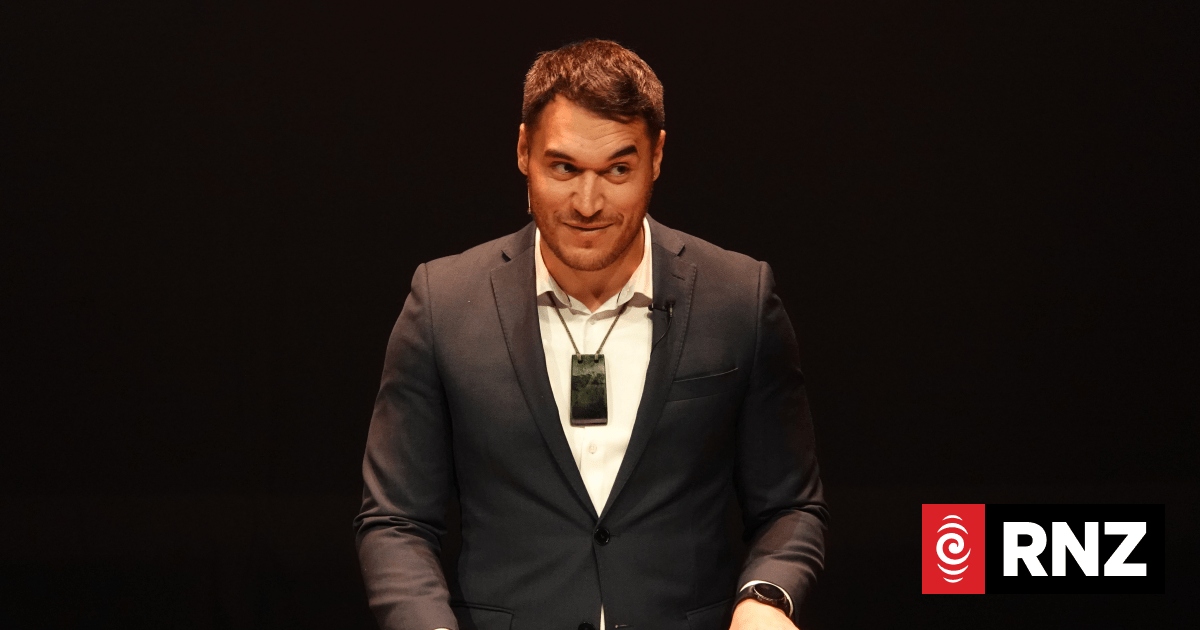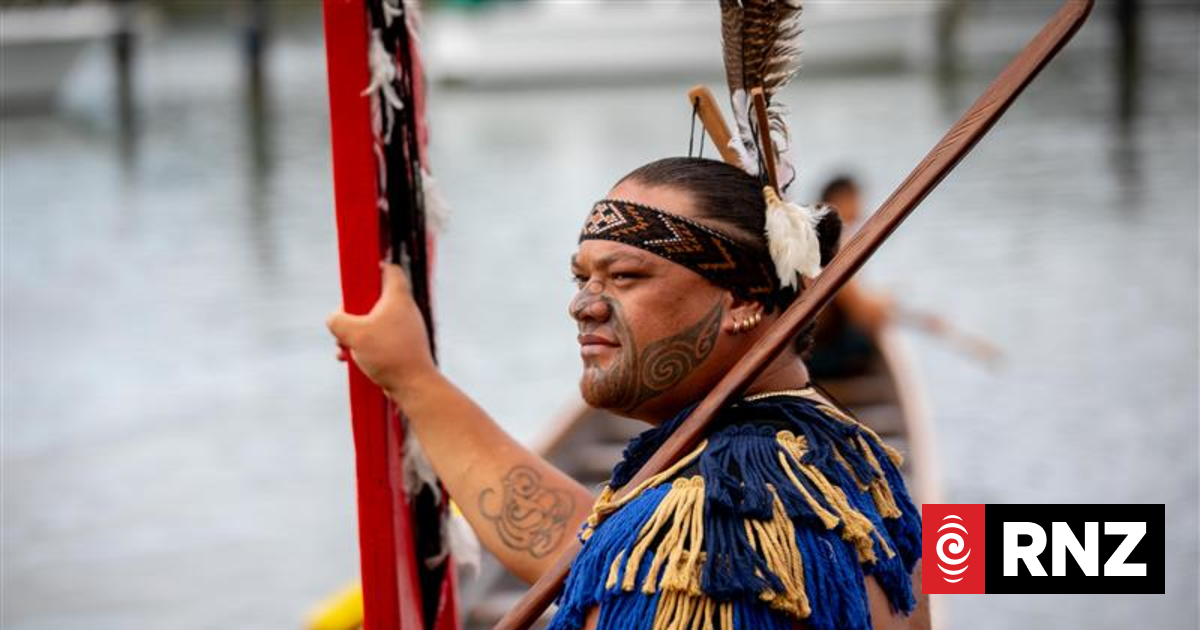A few days later, I’m reading about our Deputy Prime Minister, Winston Peters, using the phrase “retard comment” in Parliament. It was in Question Time, during which NZ First leader Peters had to withdraw the use of the phrase. What was nearly as shocking was that in the video clip you could clearly hear a lot of the other politicians laughing at the comment!
There wasn’t much media coverage on this incident apart from a small article covering former Prime Minister Helen Clark who weighed in on Peters’ remarks on social media. Is this because journalists are getting used to this kind of language being bandied about? Is it because they are scared of Winnie? Or are they just indifferent to ableist language and don’t see it as a problem?
The landscape of New Zealand media is evolving and somewhat fragile. The representation and inclusion of people with disabilities in the media can be seen as markers of social progress. Authentic portrayals of disabled individuals in TV shows, films, and advertising not only reflect a commitment to diversity but also play a vital role in shaping public perceptions and fostering inclusivity.
Television shows like Shortland Street have made commendable efforts to include characters with disabilities, depicted by actors who share those experiences.
This approach not only enhances the authenticity of the portrayal but also provides disabled actors with the opportunity to showcase their talents.
Similarly, films such as Poppy (2021), which tells the story of a young woman with Down syndrome, played by actress Libby Hunsdale, highlight the potential for rich and meaningful narratives centred around disabled individuals. While these have been noteworthy strides, recent incidents such as that involving Peters underscore the ongoing challenges and the ongoing need for greater sensitivity and awareness.
Using the term “retarded” in a derogatory manner not only perpetuates harmful stereotypes but also highlights the pervasive nature of ableist language in public discourse.
Such language is not just offensive; it reinforces negative perceptions and undermines the dignity of people with disabilities. The media has a powerful role in countering such attitudes. By consistently portraying people with disabilities in a positive and accurate light, media can challenge societal prejudices and promote a more inclusive mindset.
I’m looking forward to the coverage of the 2024 Paralympics which will commence on August 28.
The word Paralympics doesn’t come from the word paraplegic, as many seem to assume, but comes from the word “parallel”, meaning the Paralympics run parallel to the Olympics.
Media coverage of the Paralympics has been improving each time the games come around, with increasing authenticity. If the way in which disabled athletes and performers in the opening ceremony of the Olympics are anything to go by, I won’t be disappointed.




